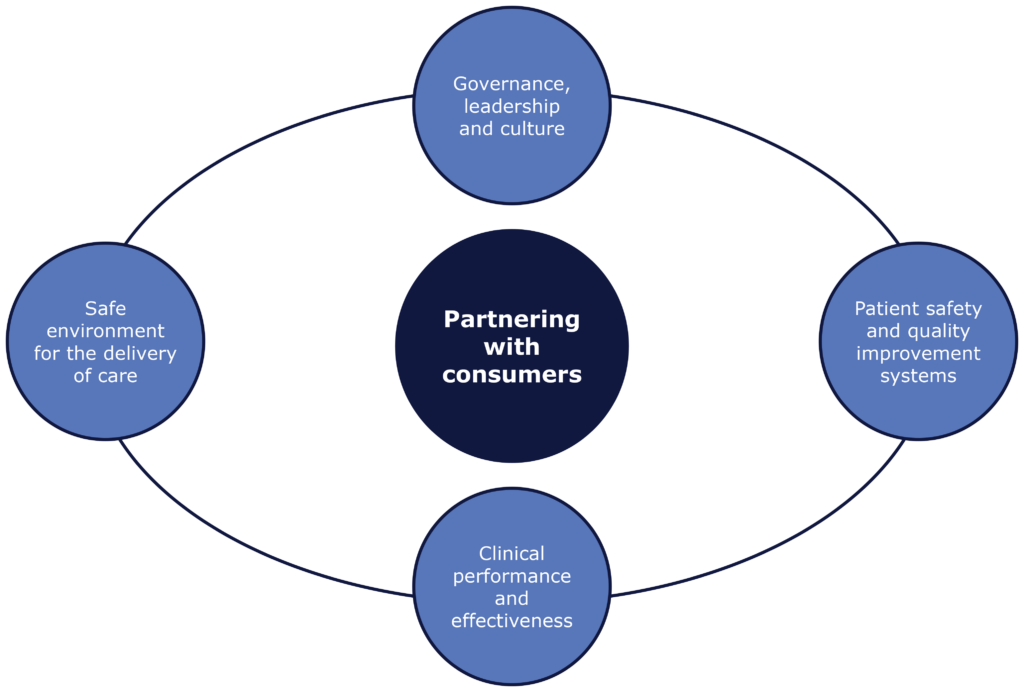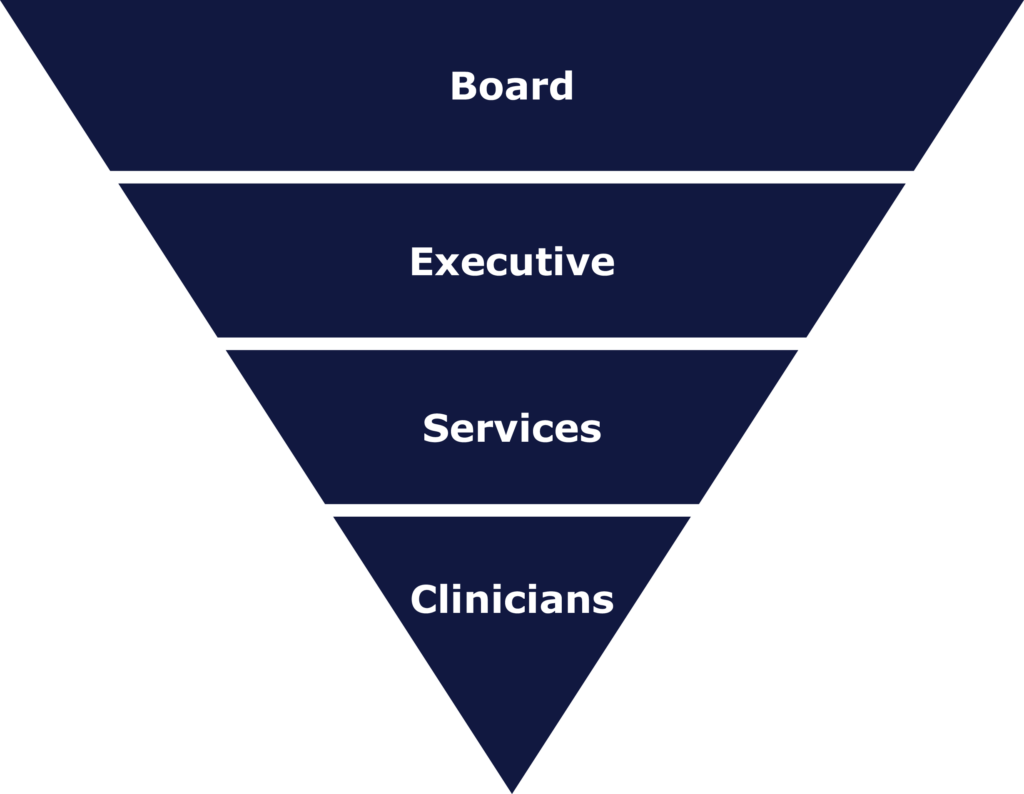Clinical Governance
Midnight Health is a patient-centred digital healthcare provider and digital platform developer that aims to democratise healthcare by consolidating fragmented health care interactions, simplifying patient experience, improving accessibility & interoperability, and enhancing patient outcomes through the delivery of high quality, safe and transparent care.


Midnight Health provides patient-led solutions with the primary goal of enabling them to take control of their own healthcare. We integrate our telehealth technology, doctors, pharmacy network and other partners to provide the seamless patient experience.
To achieve our core business, Midnight Health requires a culture based on excellence, respect, integrity, teamwork, leadership and continuous quality improvement alongside continuous learning and innovation.
Health care is inherently complex, particularly as a primarily digital health focussed provider. A robust and integrated system of clinical governance is fundamental to achieving a healthcare system that delivers high quality, safe, culturally secure and timely health services.
Clinical governance promotes clinical safety, quality and continuous improvement in the delivery of health care and care, including through health technologies. It comprises a culture of safety and quality that is supported by clinical input and a set of relationships and responsibilities established by Midnight Health, together with our partners, our workforce and our consumers.

To support the delivery of safe and high-quality health care, and the best possible outcomes for patients in this complex environment, Midnight Health has aligned itself with the National Model Clinical Governance Framework for public and private health care organisations in the acute sector (Australian Commission on Safety and Quality in Health Care 2017), and the Australian Digital Health Agency Clinical Governance Framework (Australian Digital Health Agency 2023).
The Clinical Governance Framework:
- Defines clinical governance
- Provides the context for clinical governance being an integrated component of corporate governance
- Describes the key components of a clinical governance framework, based on the NSQHS Standards
- Acknowledges the role of culture in supporting good clinical governance
- Outlines the roles and responsibilities of, and essential partnership between, patients and consumers, clinicians, managers, and governing bodies (such as boards) in implementing effective clinical governance systems in health service organisations.
This translates into practice by:
- The Corporate Executive, Managers, Clinicians, Administrative and Support Staff, Patients and Key Stakeholders have clear relationships and responsibilities to ensure that the clinical service we provide is of high quality, safe and delivers good outcomes
- It ensures our stakeholders and patients can be confident that we take safety and quality of health care seriously, and we continuously improve services
- All Participants need to be accountable for good clinical service delivery, safety, integrity, quality and continuous improvement.
- Corporate Governance MUST consider Clinical Governance to be an important integrated component and there are direct impacts on both systems

The Accountability for Safety and Quality Governance Framework enables Midnight Health to execute its accountabilities to ensure clinical safety and quality.Within the framework there are four main levels of accountability for clinical safety and quality.

